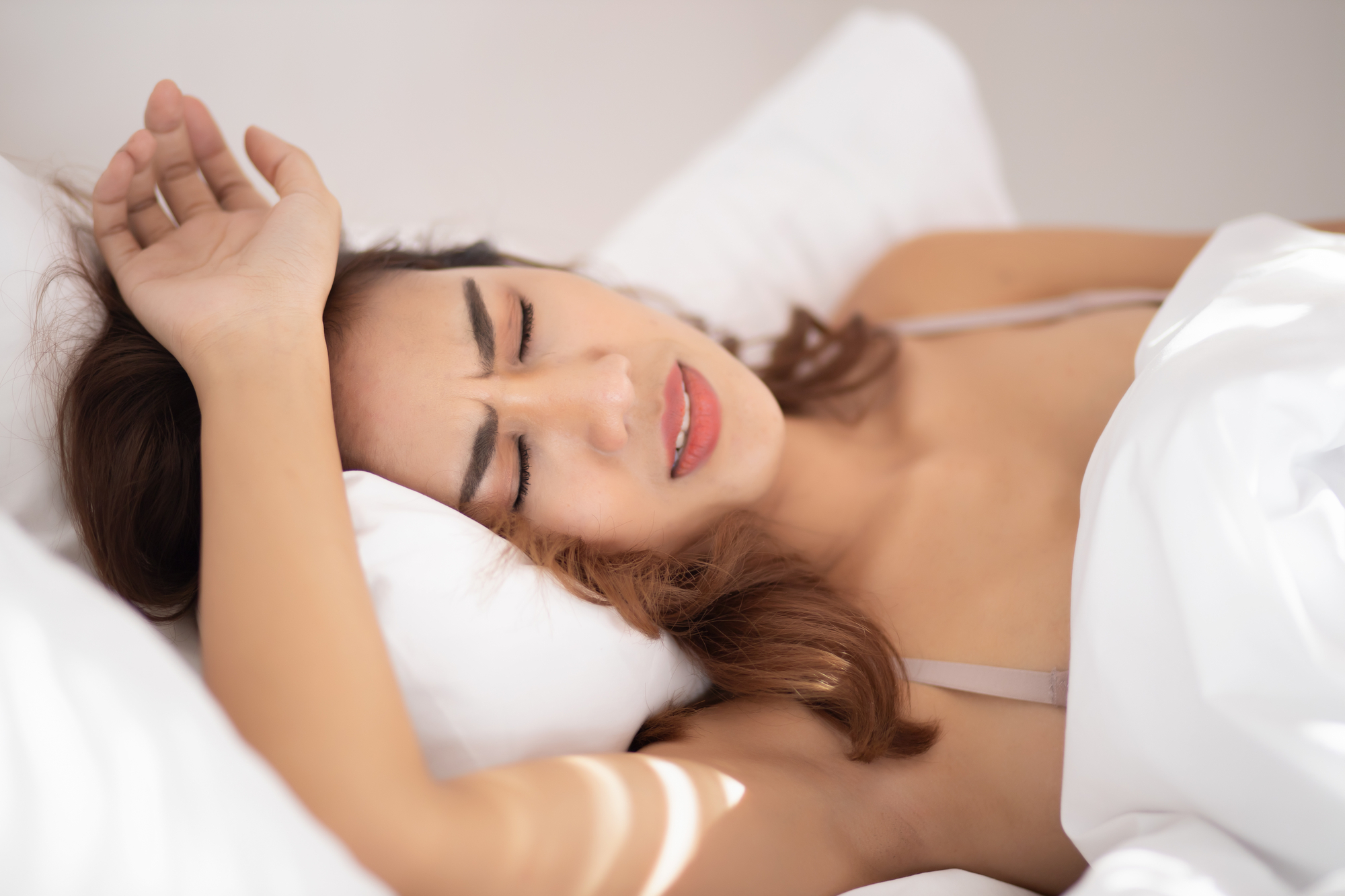Best and Worst Foods for Your Teeth
When we think about healthy foods, we tend to focus on things like calories and carbs and their effect on our waistlines. But did you know your dietary choices play...

Tooth grinding is a surprisingly common dental issue that involves involuntary clenching and grinding of teeth. It may seem like a minor concern, but if you suffer from tooth grinding, you know it can not only be uncomfortable but can also lead to a range of problems, from enamel damage to chronic headaches.
Tooth grinding, or “Bruxism” to be scientific, is estimated to occur regularly in up to 13% of adults. Tooth grinding during sleep is most prevalent, yet many people suffer from daytime tooth grinding as well. Because it often occurs at night, it can be hard to know right away that you suffer from tooth grinding.
If you experience some of the following symptoms, and they are otherwise unexplained, see your dentist for an evaluation:
In addition to these signs and symptoms, it isn’t unusual for a partner to hear or otherwise notice tooth grinding during the night.
First and foremost, if you know or suspect that you grind your teeth, see your dentist. Getting professional care is the first step in diagnosing and treating the underlying causes of tooth grinding.
To complement professional care, you should also know there are some potentially helpful home remedies and lifestyle changes you can incorporate to help alleviate tooth grinding and associated symptoms.
Understanding the triggers of your tooth grinding can be a great first step, particularly if you grind or clench your teeth during waking hours. Keep a journal to document when and where you grind your teeth. Keep an eye out for patterns with common triggers such as stress, anxiety, anger, and certain medications. Identifying these triggers can help you take preventive measures.
Stress is a major contributor to tooth grinding. Finding relaxation and meditation techniques that appeal to you can help reduce stress levels and minimize teeth grinding. Consider incorporating deep breathing exercises, progressive muscle relaxation, or guided meditation into your daily routine. Other potential stress relief techniques include Yoga and non-sleep deep rest. These practices have been shown to help reduce the impacts of chronic stress.
Massage therapy is another possible way to reduce muscle tension and relieve stress, which can, in turn, help alleviate tooth grinding. Regular massages can potentially relax the muscles around your jaw and neck. Additionally, massage can improve blood circulation and promote overall relaxation, contributing to better sleep quality.
Many people don’t realize that even if they can sleep after consuming caffeine, the stimulant effect still has an impact on sleep quality and can be a trigger for bruxism. Limit your caffeine intake to early in the day. Instead, choose caffeine-free options such as a relaxing herbal tea in the evening.
You should be aware of the negative impacts of tobacco and excess alcohol use on health. But you should also be aware that both substances can impair sleep quality and have effects on muscle activities.
A simple warm compress can go a long way. Dampen a cloth with warm water (be careful that it’s not so hot that it will burn your skin) and apply it to the jaw area for 15-20 minutes before bedtime each night. This soothing practice can ease tension and potentially reduce clenching overnight.
We hope these home remedies help ease your tooth-grinding discomfort. But remember, you shouldn’t stop there. We can help you determine if professional treatments, such as a custom night guard to protect your teeth or Botox injections which relax the overactive muscles responsible for tooth grinding, are an option for you.
Call us to schedule an appointment right away. We are here to help you find relief and prevent future damage.